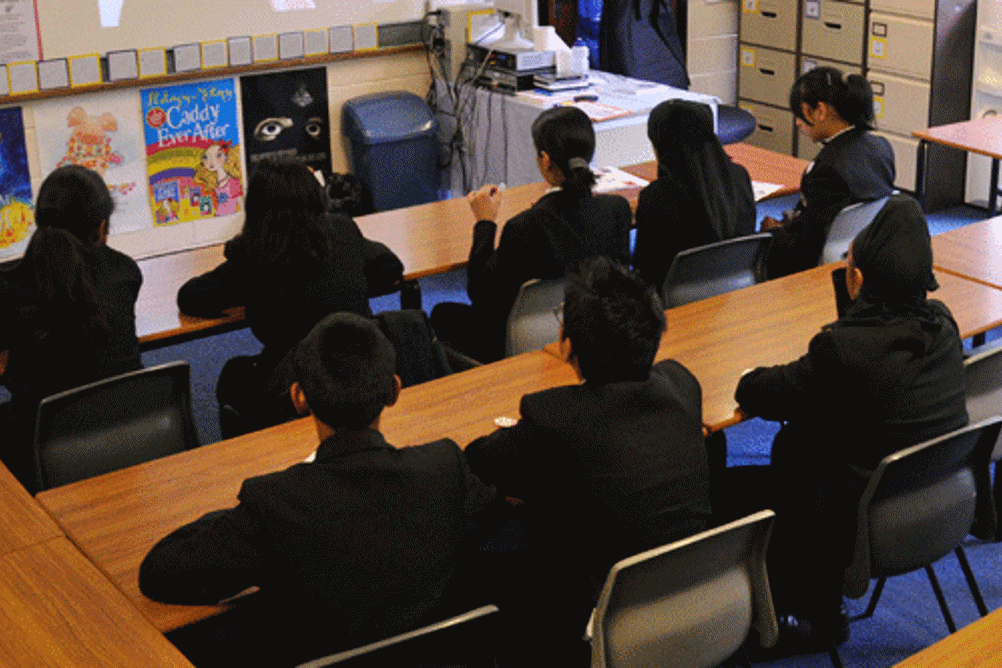
Requiring all schools in England to become academies in the next six years is “risky”, a national body that represents academies has said. The BBC reports that the Freedom and Autonomy for Schools National Association has questioned whether there is capacity to execute plans for all schools to become academies by 2022 effectively.
Children’s playtime is in dramatic decline with the majority of children now spending as little time outdoors as prison inmates, research has found. A study by the Dirt is Good campaign, which questioned 12,000 parents worldwide, including from the UK, found that two thirds believe their children do not have the same opportunities to play as they did as children.
The number of under-16s “sexting” has increased by 1,200 per cent over the last two years, police figures obtained by the Labour Party have revealed. The BBC reports that Shadow Education Secretary Lucy Powell re-emphasised the party's commitment to compulsory age-appropriate sex education in all English schools. ?
?The government must close a “loophole” in the forthcoming child obesity strategy that is allowing nearly 2,500 academies and free schools to avoid signing up to healthy school meal standards, the Local Government Association has said. The organisation has calculated that more than one million young people are attending academies and free schools that opened between 2010 and 2014 but are yet to formally commit to the same standards as council maintained schools, new academies, and academies that opened between 2008 and 2010.
Focusing on family relationships can improve the outcomes for children who have been exposed to domestic abuse, research by the NSPCC has shown. The charity said it had found “promising evidence” that focusing on relationships within families can improve the welfare of children who have experienced domestic abuse and reduce the long-term impact on their development and wellbeing.?
Register Now to Continue Reading
Thank you for visiting Children & Young People Now and making use of our archive of more than 60,000 expert features, topics hubs, case studies and policy updates. Why not register today and enjoy the following great benefits:
What's Included
-
Free access to 4 subscriber-only articles per month
-
Email newsletter providing advice and guidance across the sector
Already have an account? Sign in here

